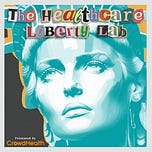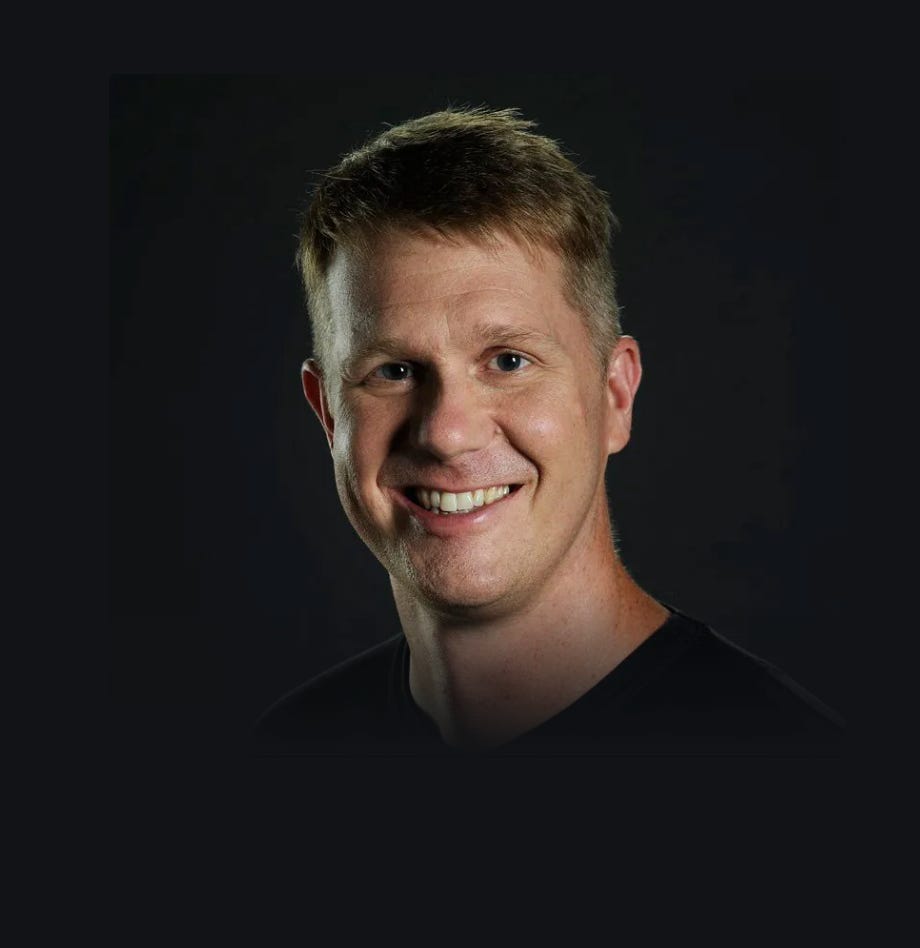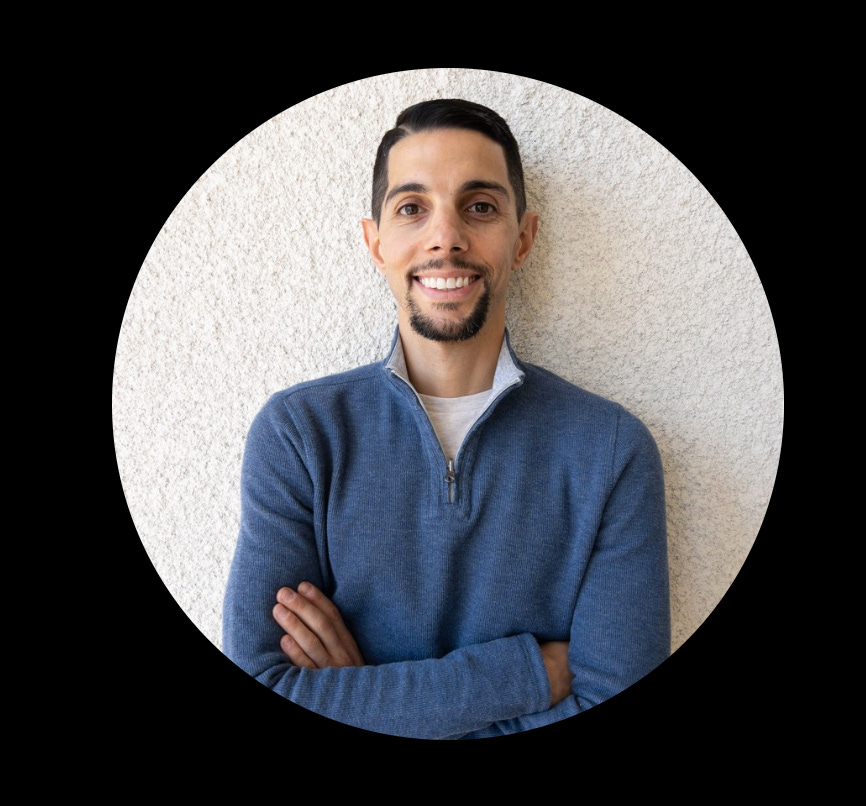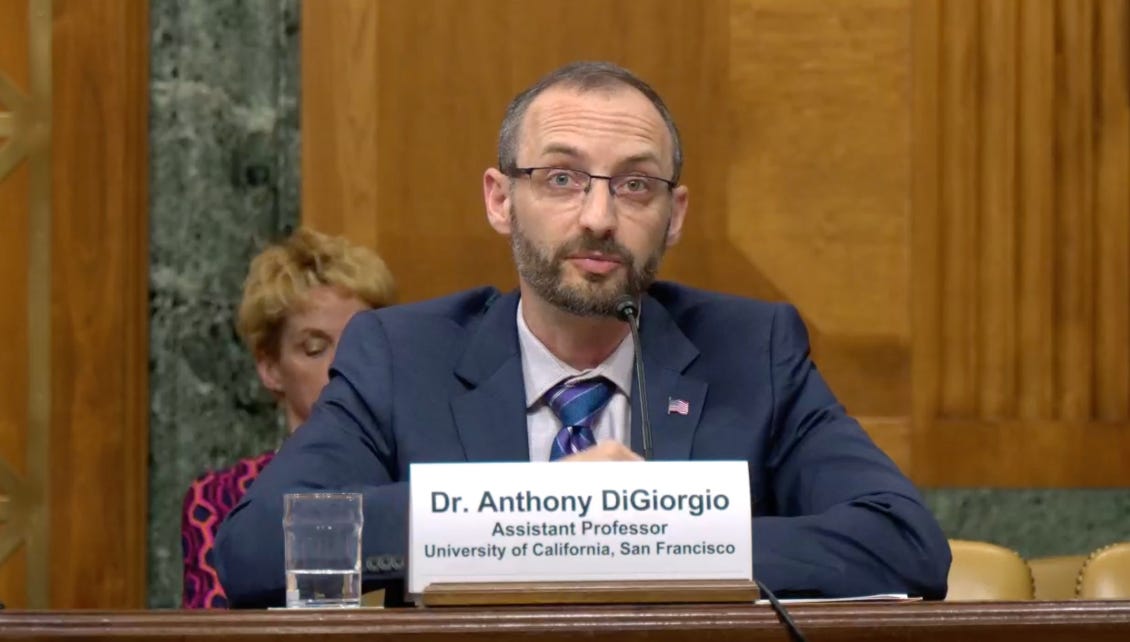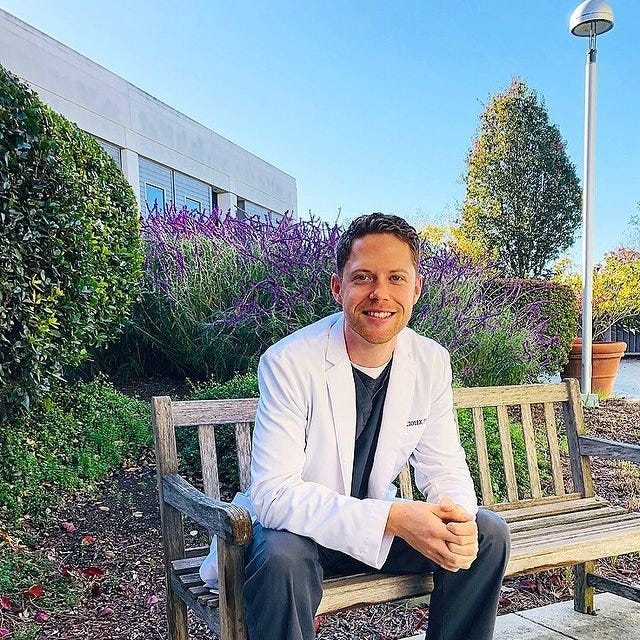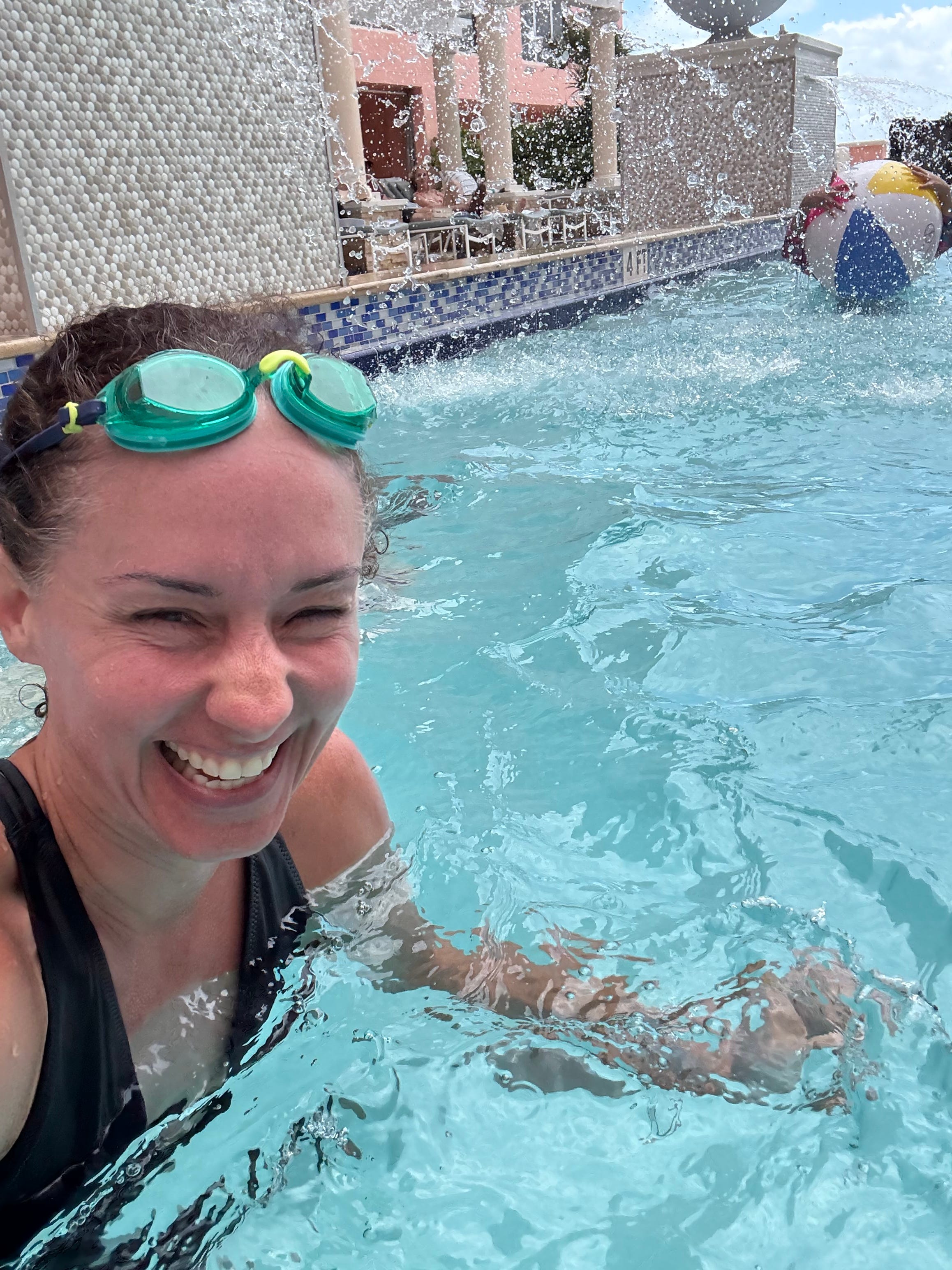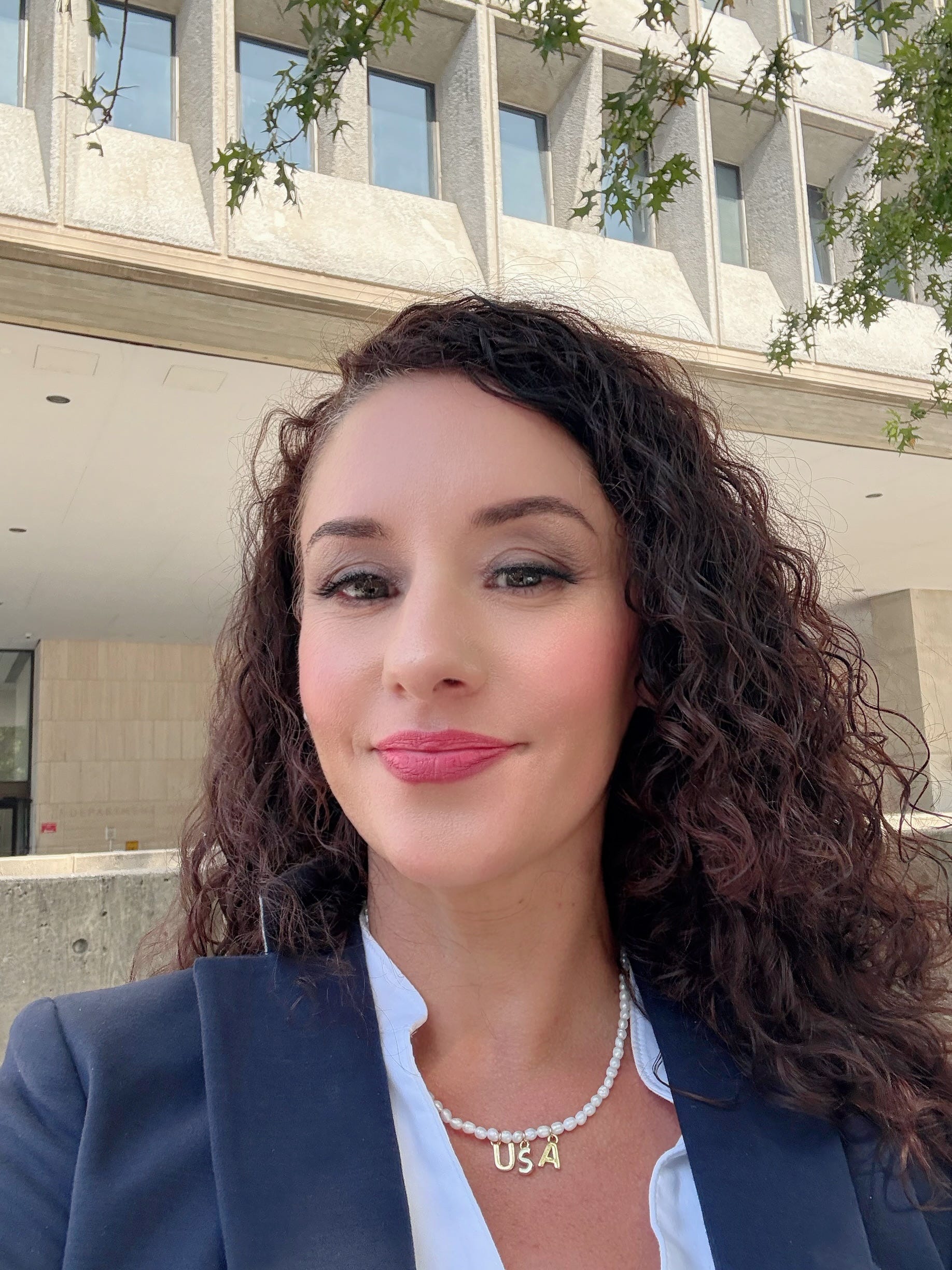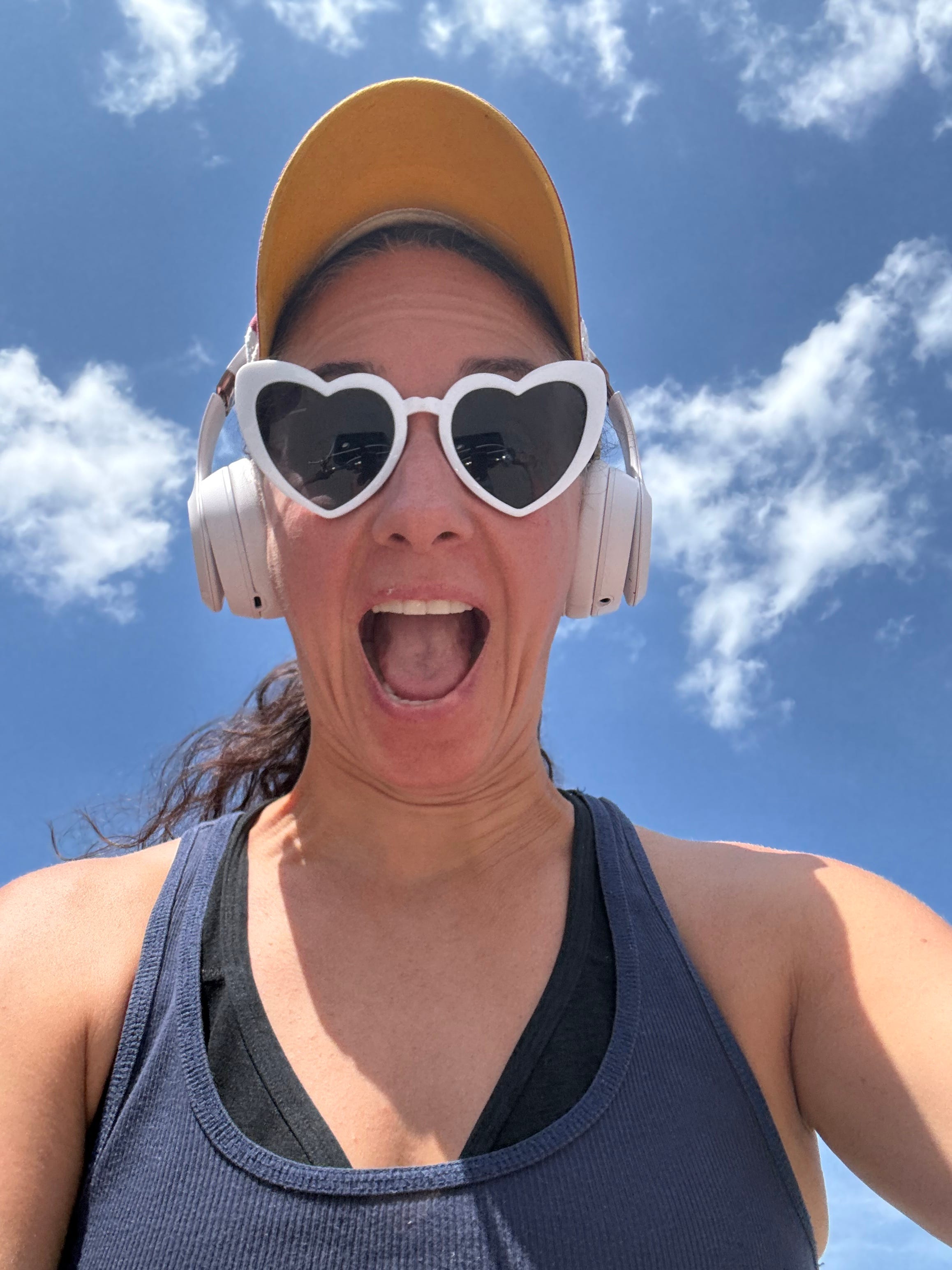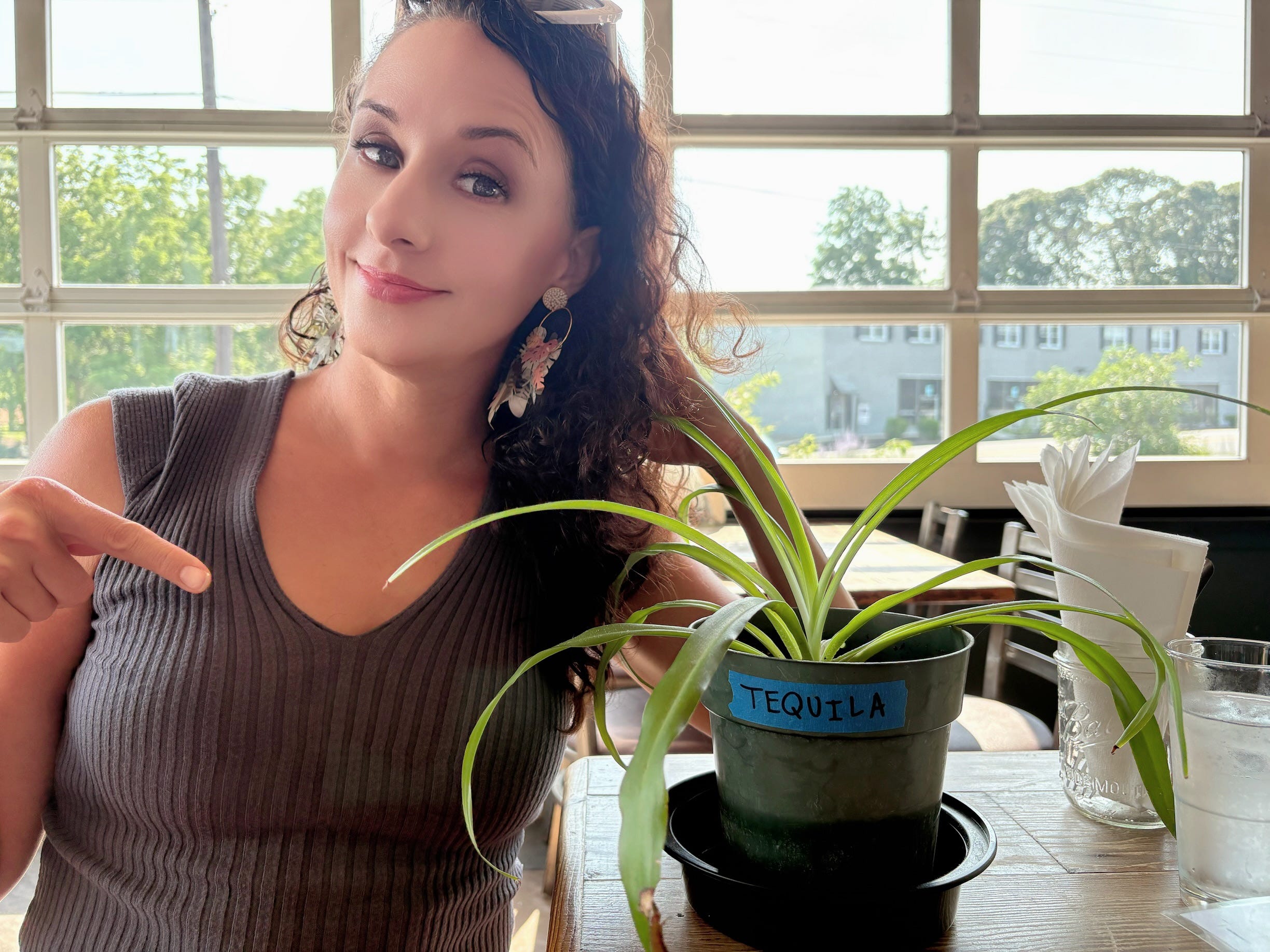I've been thinking about this for weeks now.
There's a conversation happening that most people aren't paying attention to.
While everyone's obsessing over the latest productivity hack or morning routine, millions of people are discovering something profound:
What they thought was broken about them is actually their superpower.
This week's Healthcare Liberty Lab episode features Kendra Koch, founder of Divergently- a platform serving women with late-diagnosed ADHD and autism. But this isn't just another "mental health awareness" conversation.
This is about the future of work, creativity and human optimization.
The MacBook Trying to Run Windows
I shared a story during our conversation that stopped me cold the first time I heard it:
I told Kendra about a woman who described getting her ADHD diagnosis like this:
"I was a MacBook trying to run Windows programs my whole life and the diagnosis made me realize I wasn’t screwed up, I just operated differently. "
Think about that metaphor.
Your entire life, you've been trying to force your operating system to run software it wasn't designed for. No wonder you felt exhausted. No wonder you burned out.
The problem wasn't you. The problem was the mismatch.
The 35-Year Awakening
Kendra shared the average age of ADHD diagnosis for women.
I was shocked.
Mid 30s?!
For autistic women? She pointed out that it takes an average of 10 years from seeking a diagnosis to getting the right one.
These aren't children we're talking about.
These are accomplished professionals, entrepreneurs, mothers- people who've spent decades masking, grinding and pushing through systems that weren't built for how their brains work.
And when they finally get answers?
Everything changes.
The Discipline Deficit
Children with ADHD receive tens of thousands more disciplinary actions than their neurotypical peers by the time they reach adulthood.
Tens of thousands.
Imagine carrying that weight- that constant message that something is fundamentally wrong with you- into your adult life, your relationships, your career.
Now imagine discovering it was never true.
The Hyperfocus Advantage
Here's where this gets interesting for creators and entrepreneurs.
ADHDers and autistic individuals often possess:
* Hyperfocus
* High levels of creativity
* Unique pattern recognition
* Advanced problem-solving capabilities
* A perspective that approaches life from ‘out-of-the-box’
These aren't consolation prizes. These are competitive advantages.
The issue isn't that neurodivergent people can't succeed. It's that traditional environments suffocate their natural strengths.
The Great Reframe
Kendra's approach at Divergently isn't about "fixing" anything.
It's about support and optimization.
It’s about asking: "What environment allows this person to thrive?"
Instead of forcing square pegs into round holes, what if we designed systems that leverage our natural abilities and support each other through the process?
This hit close to home because I see it constantly in the entrepreneurship space.
Some of the most successful creators and business owners I know are neurodivergent. They succeed not despite their ADHD or autism, but because of it.
The hyperfocus that allows someone to disappear into a project for 12 hours straight? That's not a bug - it's a feature.
The pattern recognition that spots opportunities others miss? That's not overthinking - it's strategic advantage.
The inability to tolerate boring, soul-crushing work? That's not a flaw- it's quality control for your life.
The Community Solution
What struck me most about Kendra's work is the emphasis on community over clinical treatment.
People don't just need medication or therapy.
They need:
* Understanding
* Practical systems
* Permission to work differently
* Connection with others who get it
The most valuable thing her platform provides isn't a diagnosis or a prescription. It's the realization that you're not alone and you're not broken.
The Timing Revolution
We're living through the perfect storm for neurodivergent success:
* Remote work has normalized flexible environments
* Technology enables solo entrepreneurs to build without massive teams
* AI tools are democratizing skills that previously required years of training
* The creator economy rewards authentic, obsessive expertise over corporate conformity
This is neurodivergent people's moment.
Traditional employment often fails neurodivergent individuals not because they can't do the work, but because the environment isn’t optimized for how their brains function.
The 9-5 office grind. The pointless meetings. The arbitrary rules and bureaucracy. The focus on time spent rather than results achieved.
These systems weren't designed for optimization- they were designed for control.
And they're crumbling.
The New Framework
What if instead of asking "How do I fix myself to fit in?" we asked:
* What environment brings out my best work?
* What problems am I uniquely positioned to solve?
* How can I structure my life around my natural rhythms?
* Who are my people, and how do I find them?
This isn't about making excuses or avoiding responsibility. It's about strategic self-awareness and intentional design.
The Bigger Picture
This conversation represents something larger happening in society.
We're moving from:
* Standardization → Personalization
* Conformity → Authenticity
* Fixing defects → Optimizing strengths
* Individual struggle → Community support
The people leading this shift? Often the ones who never fit the old mold in the first place.
What This Means for You
Whether you're neurodivergent or not, this conversation matters because:
The future belongs to people who can think differently.
The problems we're facing won't be solved by more of the same thinking that created them.
We need hyperfocused obsessives.
We need pattern-recognition masters.
We need people who see solutions others miss.
We need the ones who were told they were too much, too intense, too different.
If this resonates with you, here's what I want you to do:
Stop trying to fix yourself to fit broken systems.
Start designing your environment to support how you actually work best.
And find your people- the ones who not only accept your weird, but celebrate it.
Because your "broken" brain might be exactly what the world needs right now.
Until next week,
Tiffany
Listen to my full conversation with Kendra Koch on The Healthcare Liberty Lab. Her platform Divergently is at joindivergently.com, and if you're questioning whether you might be neurodivergent, this episode is essential listening.Huge thank you to our sponsor CrowdHealth! Visit their platform at joincrowdhealth.com & Use code ‘liberty lab’ for $99/month for the first 3 months!
What systems have you had to break free from to do your best work? Reply and let me know - I read every response.
This is a public episode. If you would like to discuss this with other subscribers or get access to bonus episodes, visit thehealthcarelibertylab.substack.com


